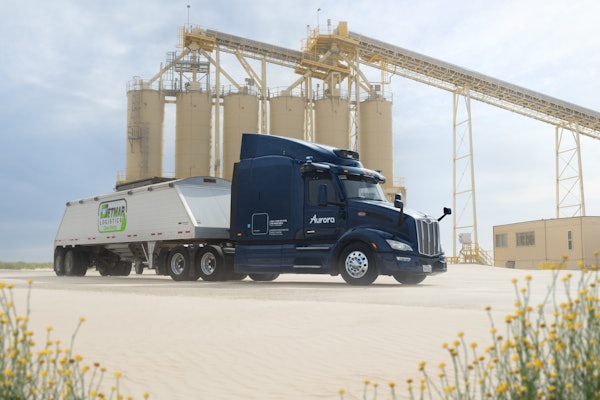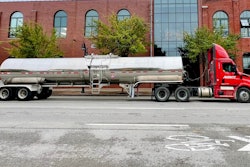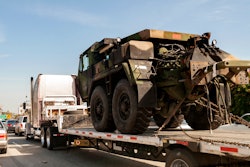Trucks idled for more than 243 million hours on bottlenecked U.S. highways in 2004, costing trucking companies $7.8 billion, according to a study prepared for the Federal Highway Administration. The study estimates a cost of $32.15 per hour of delay based on four major types of bottlenecks along freight corridors: interchanges, intersections with signals, steep grades and lane reductions.
The study was conducted by Cambridge Systematics in association with the Battelle Memorial Institute. According to the study, the Top 20 interchange bottlenecks for trucks are:
Bottlenecks account for 40 percent of vehicle delays, with the balance caused by construction work zones, crashes, breakdowns, bad weather and poor signal timing, the study reported.
“All levels of government are failing to focus their resources on the efficient movement of goods,” says Greg Cohen, president and chief executive officer of the American Highway Users Alliance. “Yet the societal benefits of a national plan to fix the worst freight chokepoints would be astounding. Not only money, time and hundreds of millions of gallons in diesel fuel would be saved, but roads would be safer, and air pollution and greenhouse gas emissions would decrease dramatically.”
Bottlenecks are “a significant national problem for trucking and the efficient operation of the national freight transportation system,” according to the report.
“This should encourage all Americans to insist on highway projects that improve the mobility and reliability of freight,” says Bill Graves, president of the American Trucking Associations. “Congress now has a roadmap to follow when making critical decisions about how to invest scarce transportation resources.”







